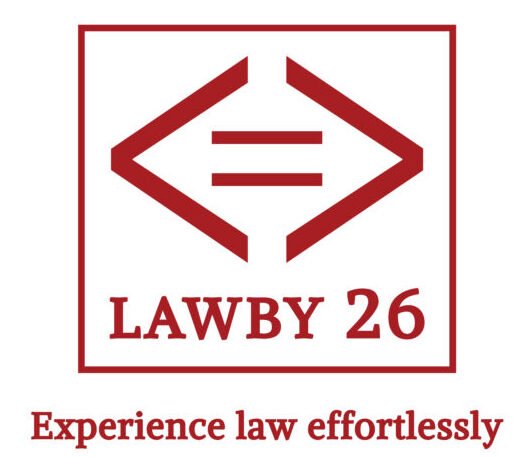A hostile witness is a witness who testifies against the party who has called them to testify. Section 154 of the Indian Evidence Act of 1872 allows a party calling for witnesses to, with the permission of the Court, ask leading questions and cross-examine him when it is found that he is hostile or unwilling to answer questions put forward to him. But it is at the discretion of the Court to allow a party to cross-examine his witness.
Generally, Advocates call upon their witnesses, hoping they will testify in favour of their party. Surprisingly, the witness turns hostile because, in most cases, the opposite party might have threatened him or implanted a sense of threat in his mind, upon which he denies the statement given by him previously. In such a case, the Advocate can request the Judge to declare the witness as a hostile witness. Then he could cross-examine the witness to get testimony more favourable to his case.
In the case, Ravasaheb and others v. State of Karnataka, MANU/SC/0248/2023, the SC held that simply because several witnesses had turned hostile, that does not on its own give ground to reject the evidence of an eye witness. That eye witness was the deceased’s brother, and the prosecution had proven its case beyond reasonable doubt by producing acceptable evidence of the complainant and other witnesses.



